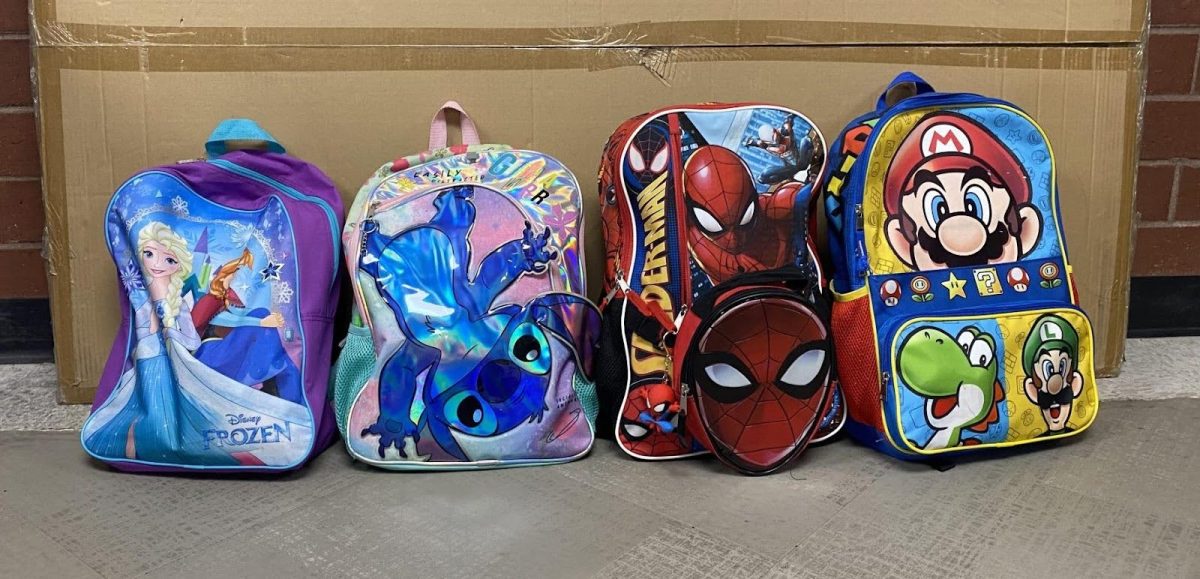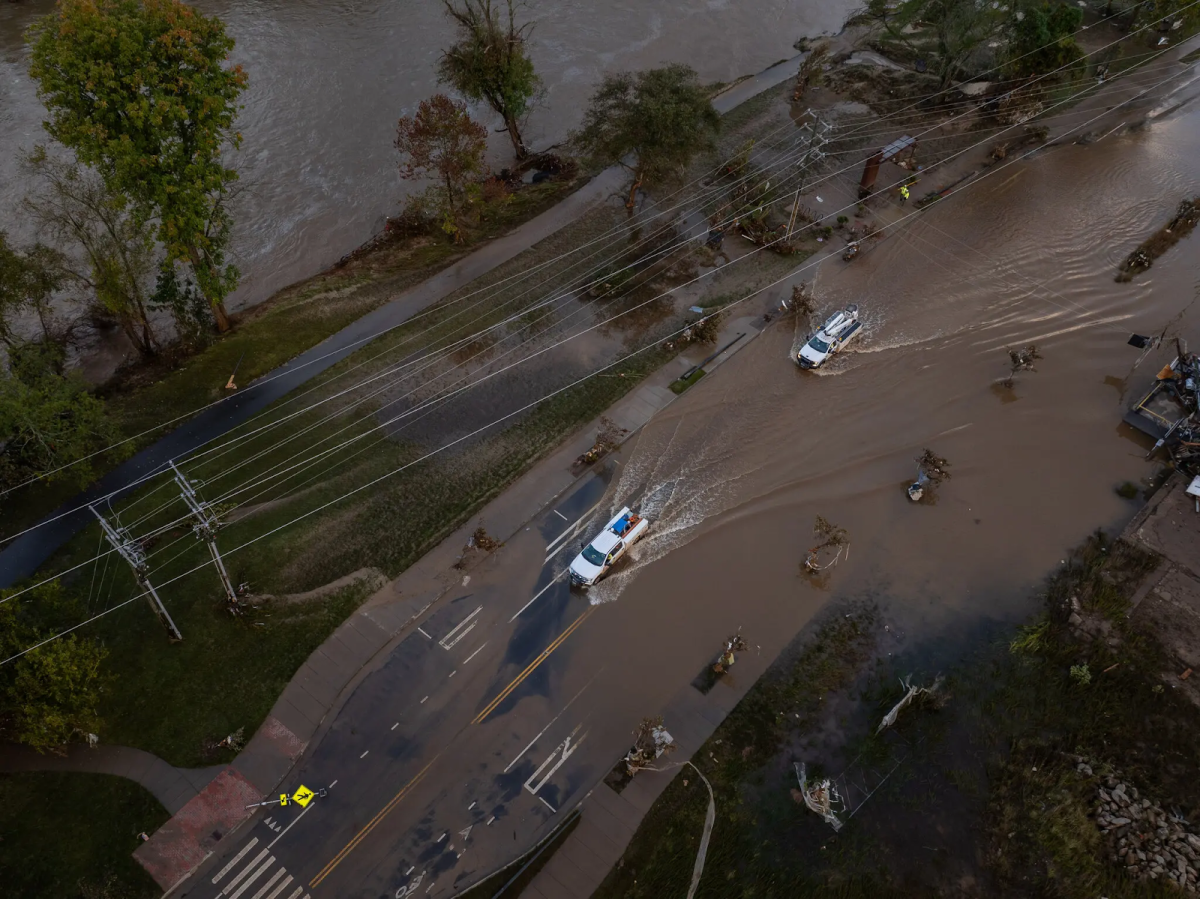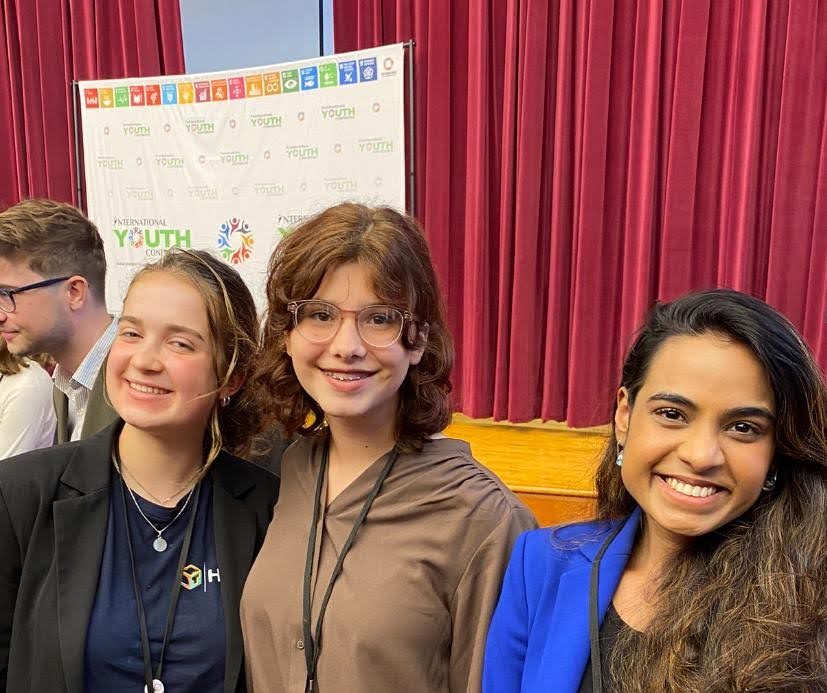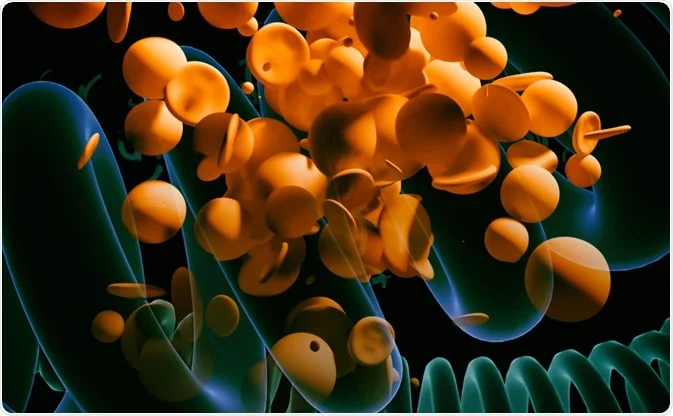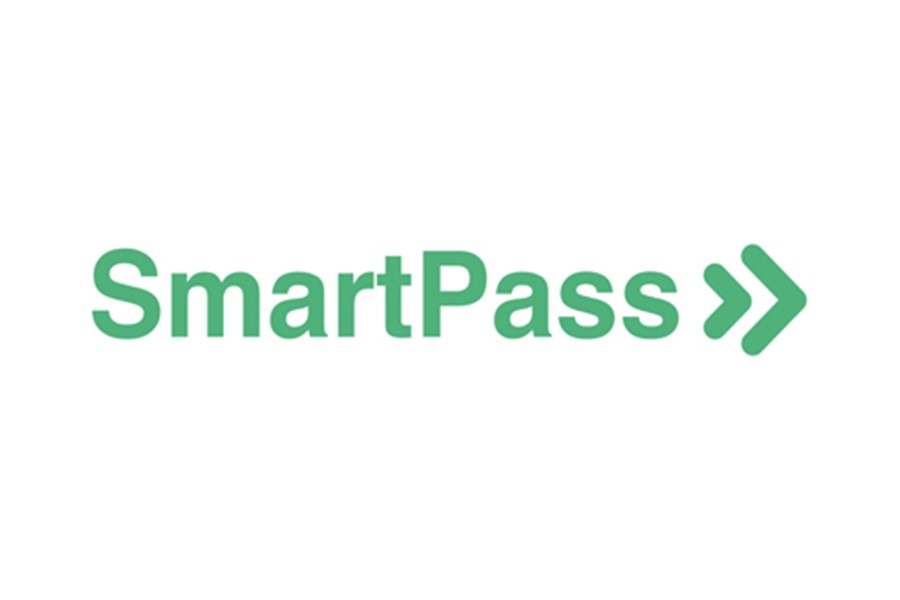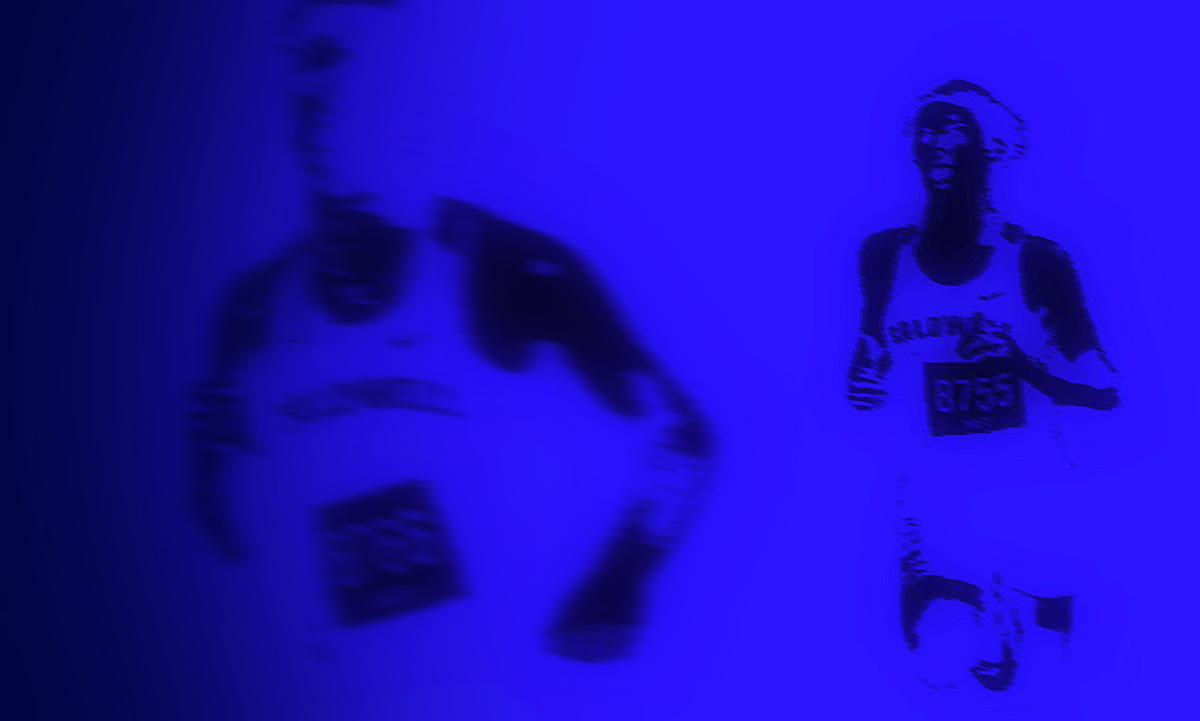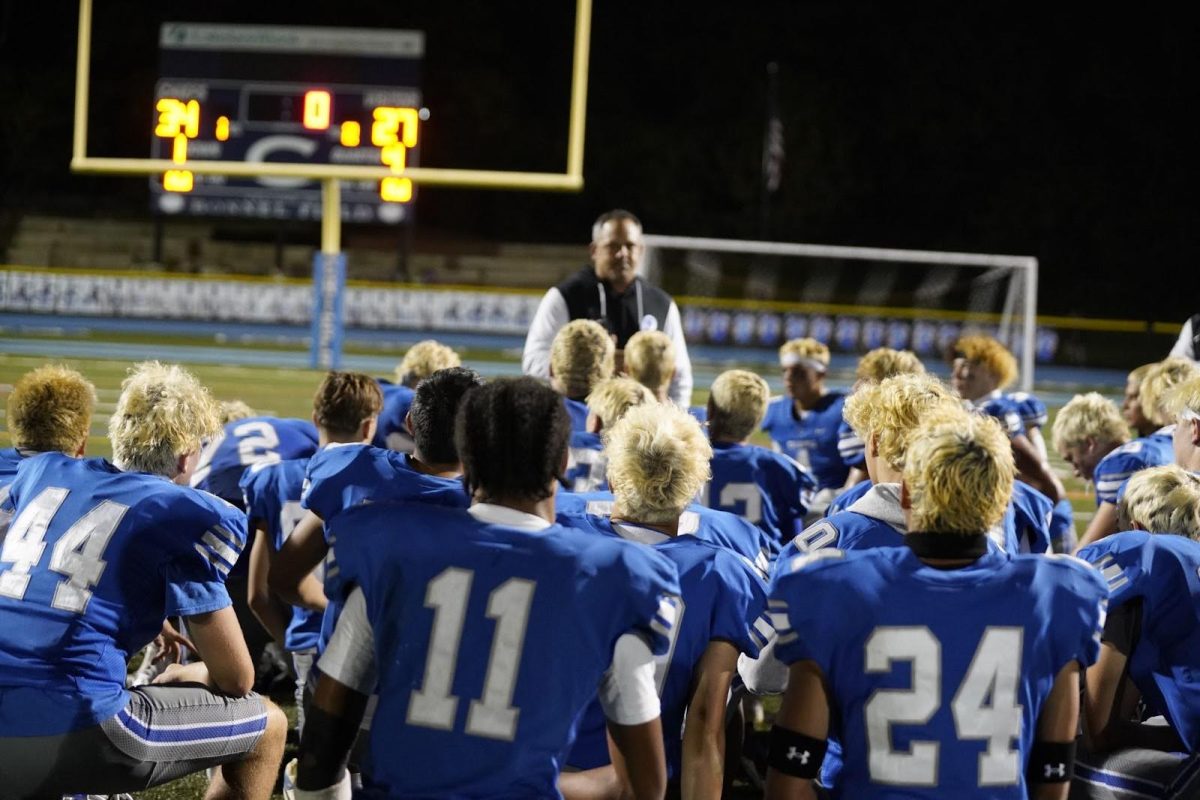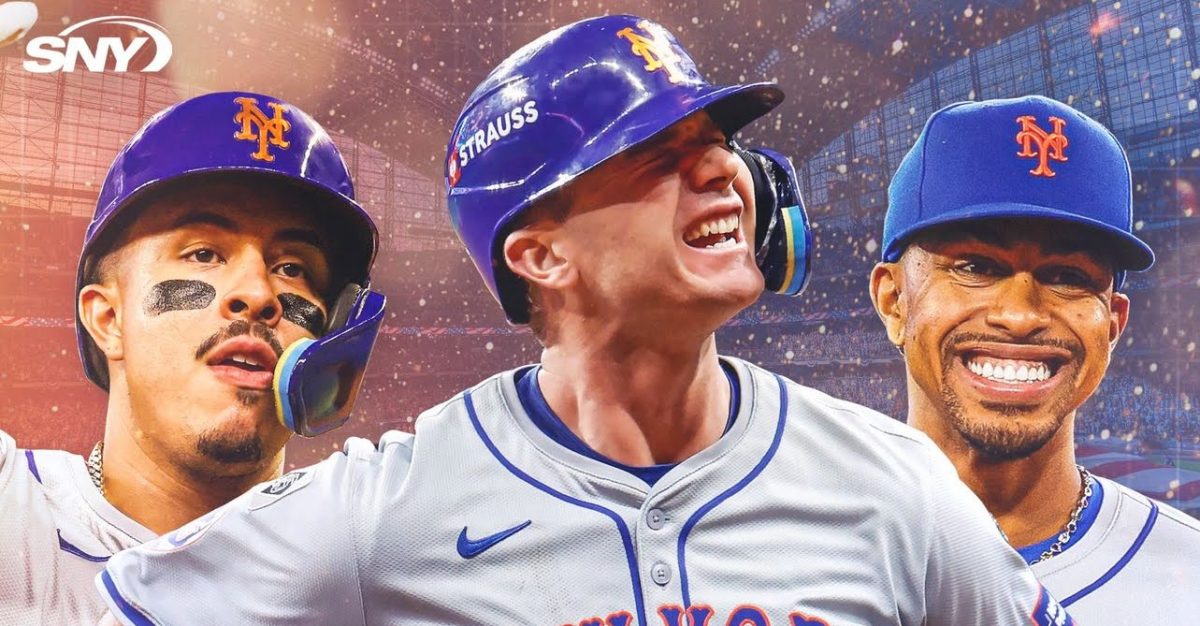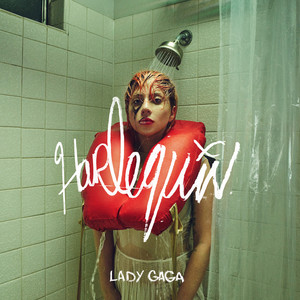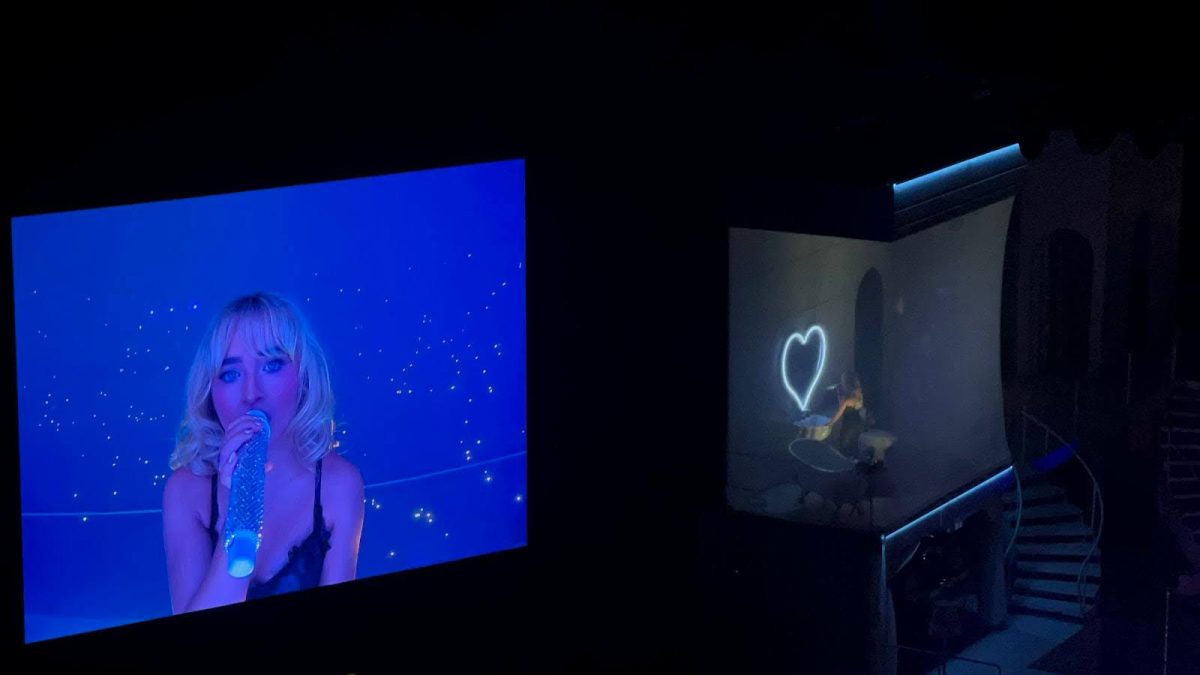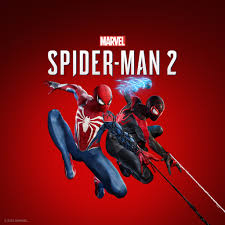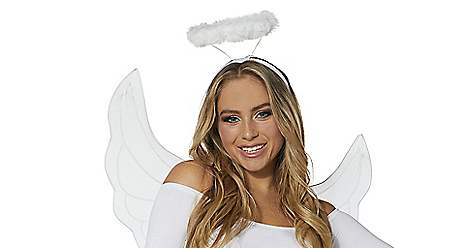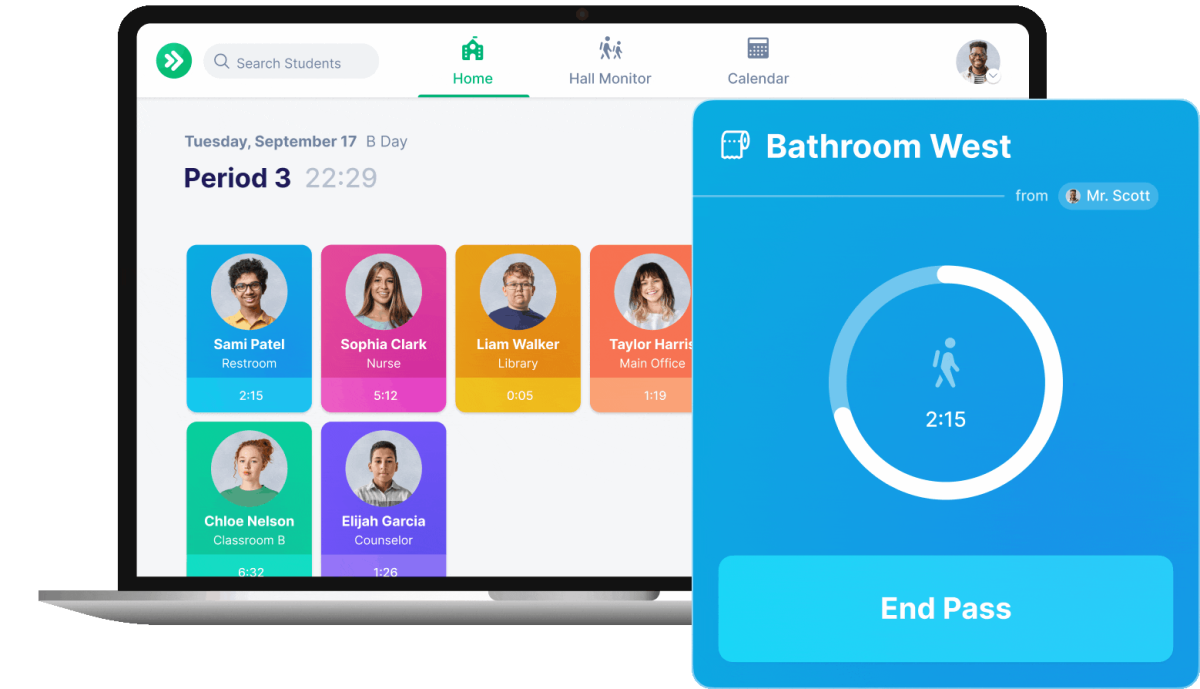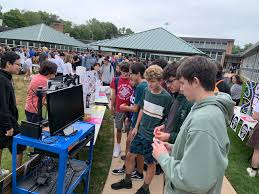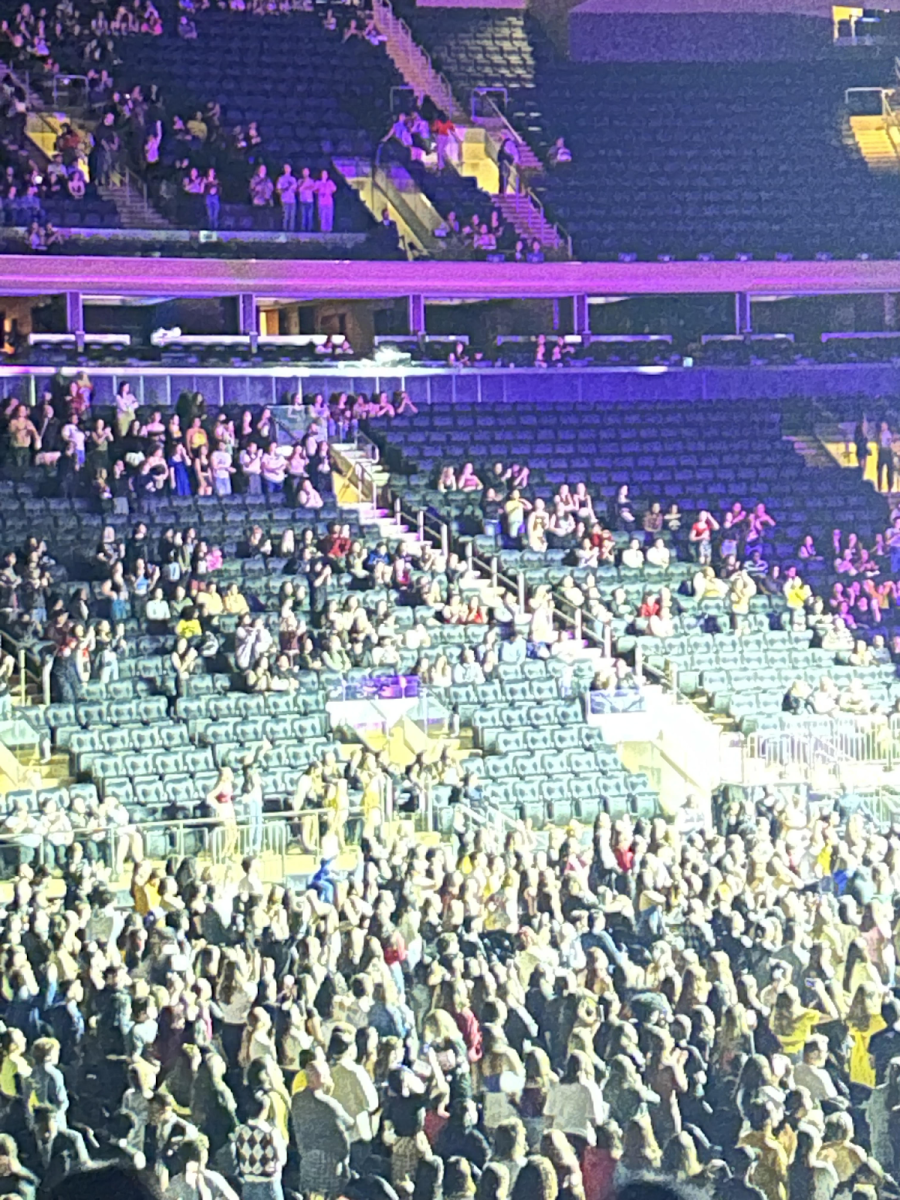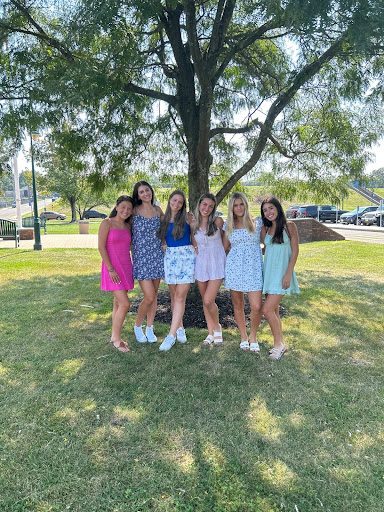I am writing this article several hours after performing at my first gig. I sang five covers and six originals in front of my family and close friends, and walked off the stage feeling as if a lifelong weight had been lifted from my shoulders. I recognized that I had spent my entire life preparing for this performance. The songs that I had written seemed to come to life as I sang them, and all I could hope was that the audience members felt this as well.
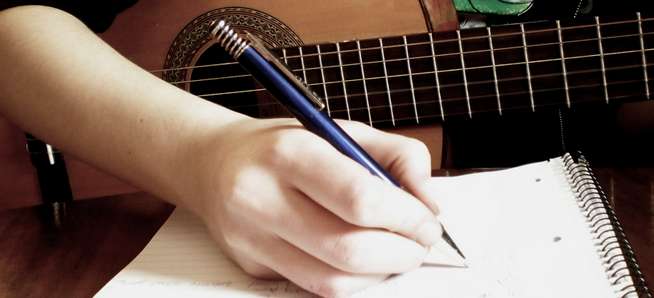
I have been writing melodies and lyrics for as long as I can remember, but I wrote my first full song at the age of eight. At this time in my life, my intentions were much different than they are now. I was simply fascinated by the idea of creating music. I taught myself a few chords on piano using internet tutorials and experimented with different progressions. I didn’t really know what I was doing, but exploring this new topic was absolutely exhilarating to me. Although I was using music to express myself at this age, I was mainly copying the sentiments I heard from other musicians. In this way, I could write about love and heartache when I hadn’t truly experienced these things.
As I grew and gained knowledge about the world around me, my songwriting evolved as well. I learned how to express my thoughts and feelings rather than those of other writers. When I realized this, I felt utterly liberated because music was no longer something uniform. Rather, it was an expression of personal identity that meant something different to everyone. I learned that songs were not solely about some romantic interest and amounted to much more than that. I am an inherent character in my songs in spite of what and whom they’re about.
When I was eleven I began to see that songwriting was an ability of great power. I wrote a song that forever changed my life called “Luna.” Something that distinguishes this song from many of my other compositions is that I wrote it for someone else. In “Luna,” I play a very small role by merely narrating a relationship between two people separate from me. I have grown to hate this song and view it as something deep in my past, but ultimately I know that my life would be much different without it. This is why it was the last song I performed at my gig.
Within the past few years, I have grown so much and this is apparent in my songwriting. I have explored many topics other than romantic love. An example of this is the song I wrote for my dear friend, Audrey. After performing, many people brought up this song as being the most emotional, and I definitely agree. I am glad that I can use music to paint a portrait of my layered, complex relationship with an important friend rather than a romantic partner.
My performance helped me recognize the power I hold as a songwriter. I no longer strive to use it to be like my musical inspirations, but songwriting has helped me learn a lot about myself. I struggle with being direct in communicating my emotions verbally, but I can always be as blatant or obscure as I desire to be in my music. I know that as I continue to grow, my songwriting will as well. I am so grateful that even as feelings come and go, I have this powerful tool with me always.

